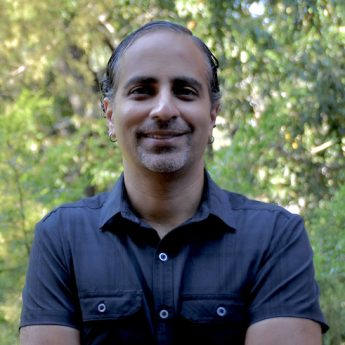Our Work in Public Health
The Gillings School’s Department of Nutrition is a global leader in research, training and public policy. As the only academic nutrition program in the United States located in both a school of public health and a school of medicine, we are uniquely positioned to engage in innovative approaches to move quickly from discovery to delivery. Our students and faculty share and benefit from an unusual breadth of scientific, research and policy expertise as we work to improve and enhance the public’s health through better nutrition throughout North Carolina and around the world.
Our Numbers at a Glance
43
Faculty Members
426
Students across our BSPH, MS, MPH and PhD programs
100
All 100 counties in N.C. have been served through out MPH Nutrition and Dietetics program
Our Programs
BSPH
MPH Nutrition Concentration
MPH Nutrition and Dietetics Concentration
Master of Science (MS)
Doctor of Philosophy (PhD)
Awards and Funding
Students fund their education through a combination of sources, including loans, fellowships and awards, assistantships and grants. Several awards and scholarships are supported by generous contributions to the School and University who value the current and future contributions of our students.
Contact: Sarah Kitchens, Funding and Awards Coordinator, sarah_kitchens@unc.edu
Career Opportunities
Our Graduates Work As

Nutritionists

Consultants

Policy Assistants

Clinical/Registered Dietitian

Program Coordinators

Research Associates
Our Graduates Work With

Government agencies

Colleges and universities

Exercise and fitness centers

Food manufacturers

Health-related magazines and Internet sites

Hospitals

Pharmaceutical companies


